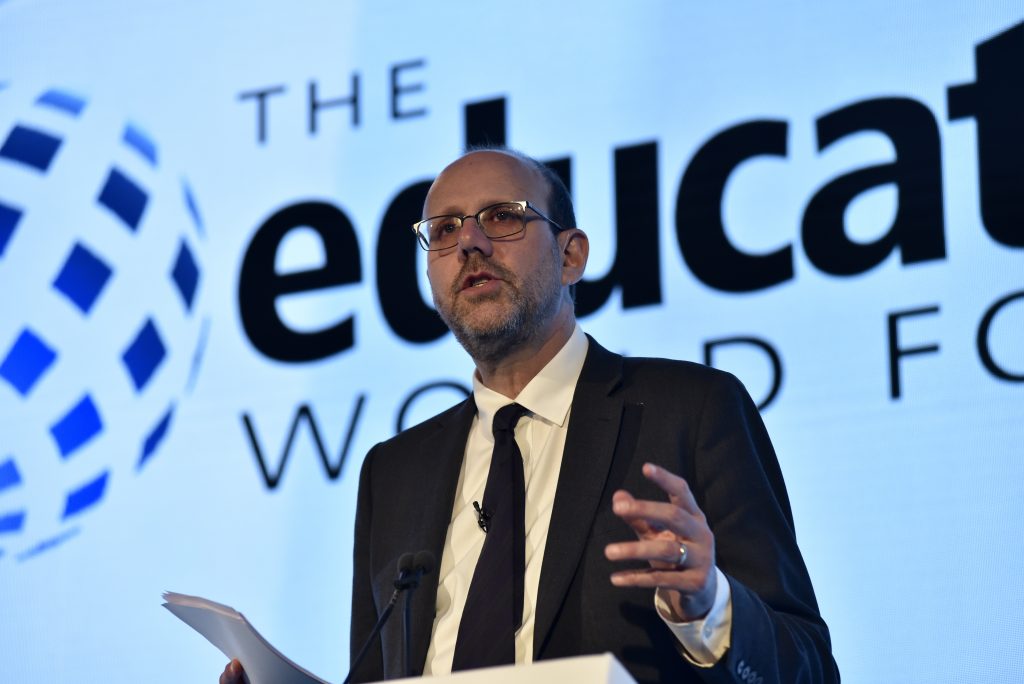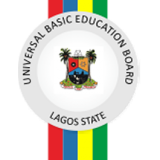
A major new study by 2019 Nobel Prize-winning economist, Professor Michael Kremer’s has been published, looking at the methodology underpinning some of Nigeria’s flagship education reforms, The groundbreaking study into an approach to teaching, learning and school management, first started in Kenya before arriving in Nigeria, has announced learning gains among the ‘largest ever measured in international education’. The impact is among the greatest of any rigorously studied intervention in emerging markets. The methodology powered by NewGlobe, an education technical partner supporting visionary governments in the transformation of public education, is the same one used in Governor Sanwo-Olu’s education transformation program EKO Excellence in Education and Learning (EKOEXCEL).
This same integrated approach to teaching and learning acclaimed by Professor Kremer was adopted by the Lagos State government to support public primary school teachers and the Lagos State Basic Education Board with the introduction of EKOEXCEL in all primary schools in the state. Launched in 2019 and made free of fees to pupils by the Lagos State government, EKOEXCEL has made remarkable achievements, Over 18,000 headteachers and teachers have been retrained using the EKOEXCEL methodology. Over 14,000 primary school teachers from 1,011 public primary schools have also been captured under the scheme.
The highly anticipated study by Professor Kremer and his co-authors found that early childhood development (ECD) and primary school students in the studied education program gain almost an additional year of learning (0.89) under the NewGlobe integrated methodology, learning in two years what their peers in other traditional schools learn in nearly three.
For early childhood development (ECD) students the gains were even bigger. ECD pupils using the same methodology as EKOEXCEL gained almost an additional year and half of learning (1.48), learning in two years what students in other schools learn in three and a half years.
Foundational literacy gives children better life chances but the World Bank estimates that 50% of children in low and middle income countries cannot read with comprehension by their tenth birthday. The newly released study found that a student in grade one (approximately 7 years old) is three times more likely to be able to read when taught using the same methods used in EKOEXCEL.
The findings in the study put the learning gains in the top 1% of learning gains ever rigorously studied at scale in low and middle income countries. Assuming similar impacts over the course of a student’s primary schooling, those in NewGlobe supported schools would receive 53% more education over the course of their early childhood and primary school career.
The study was conducted over two school years and included over 10,000 students from lower socio-economic backgrounds using indicators such as access to electricity and whether homes had dirt or mud floors.
2019 Nobel Prize Winner, Professor Michael Kremer said: “The effects in this study are among the largest in the international education literature, particularly for a program that was already operating at scale. “This study shows that attending schools delivering highly standardized education has the potential to produce dramatic learning gains at scale, suggesting that policymakers may wish to explore incorporation of standardization, including standardized lesson plans and teacher feedback and monitoring, in their own systems.”
The relevance of the study’s findings for political leaders and policy makers is clear. When students are better educated, the economy benefits significantly. Economic growth follows improved schooling, enhancing the opportunities for a nation’s youth, and for the economy’s workforce.
Attesting to the success of the EKOEXCEL program, Governor Sanwo-Olu indicated that Nigeria doesn’t need to adopt any other e-learning solutions from outside the country as the one within (EKOEXCEL) works well. He further revealed that Lagos borrowed the methodology of EKOEXCEL from EdoBEST and upscaled its impact three times more. Sanwo-Olu said, “I usually acknowledge Governor Obaseki because I copied something that he introduced during his first tenure and which is working three times in Lagos, education. He started EdoBEST, and he brought in Bridge (New Globe), an e-learning solution provider with tablets for basic education.
“So, you can see that indeed, we have started doing peer review. You don’t need to go to another country to copy what is working well in our country already. He brought the initiative, and we said we also need to start with basic education. We have copied that from Edo; it’s working well in Lagos, and we’ll scale it up.”
If replicated at scale across other State Governments’ public schools, this integrated methodology could put more pupils on track to match academic performance levels achieved by peers from middle and upper-middle income countries, potentially pushing Nigeria up education league tables to match countries with incomes three or four times greater per person.
Achieving these results is not due to one single programming aspect but rather the integrated methodology that produces better academic performance and fairer educational outcomes. The study highlights a combination of methods deployed in Lagos State’s EKOEXCEL, including instructional design and ongoing professional development and support as part of this holistic system. This same combination of methods is recognized by the Global Education Evidence Advisory Panel (GEEAP) and recommended as a “good buy” and highlighted as priorities in clawing back pandemic-related learning losses for students in low and middle income countries.
Like many education systems, the outbreak of Covid-19 impacted education in Lagos. However, the EKOEXCEL programme enabled children to continue learning unlike many of their peers across. The State Government deployed the largest rollout of technology in Africa – giving half a million MP3 players to students to support remote learning. Even in a challenging education landscape; EKOEXCEL still continued to improve learning for pupils.
Effectively tackling learning poverty is the challenge of this generation; across Nigeria from states X and Y learning is disrupted. Every year that passes without system change impedes Nigeria’s development and prosperity.
As the study shows, an effective holistic learning system can deliver transformational learning outcomes at scale and tackle the endemic learning poverty crisis. Approximately a million students in Africa – the vast majority in Nigeria – are currently being taught using the methodology in this groundbreaking study and the figure is increasing year on year.


